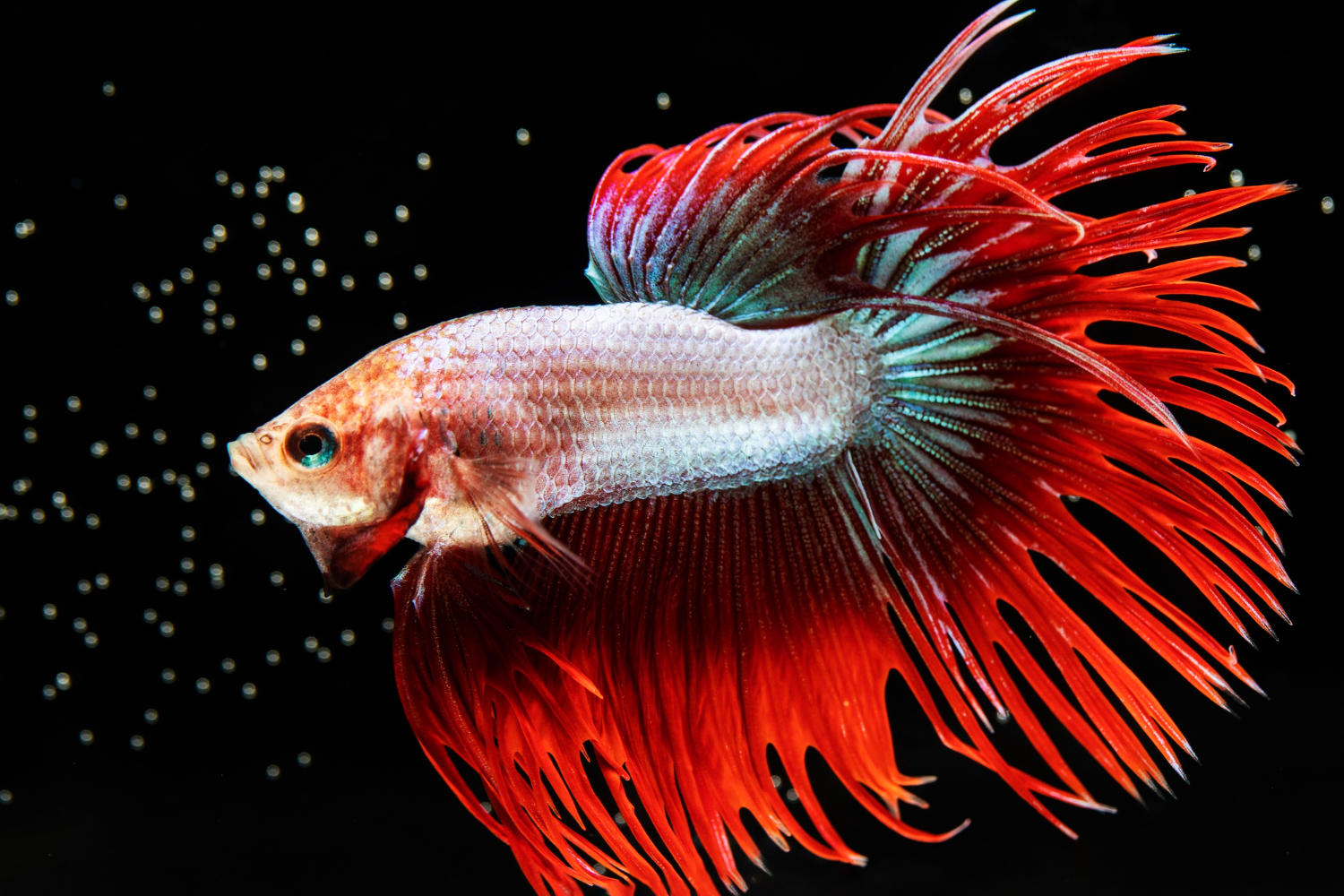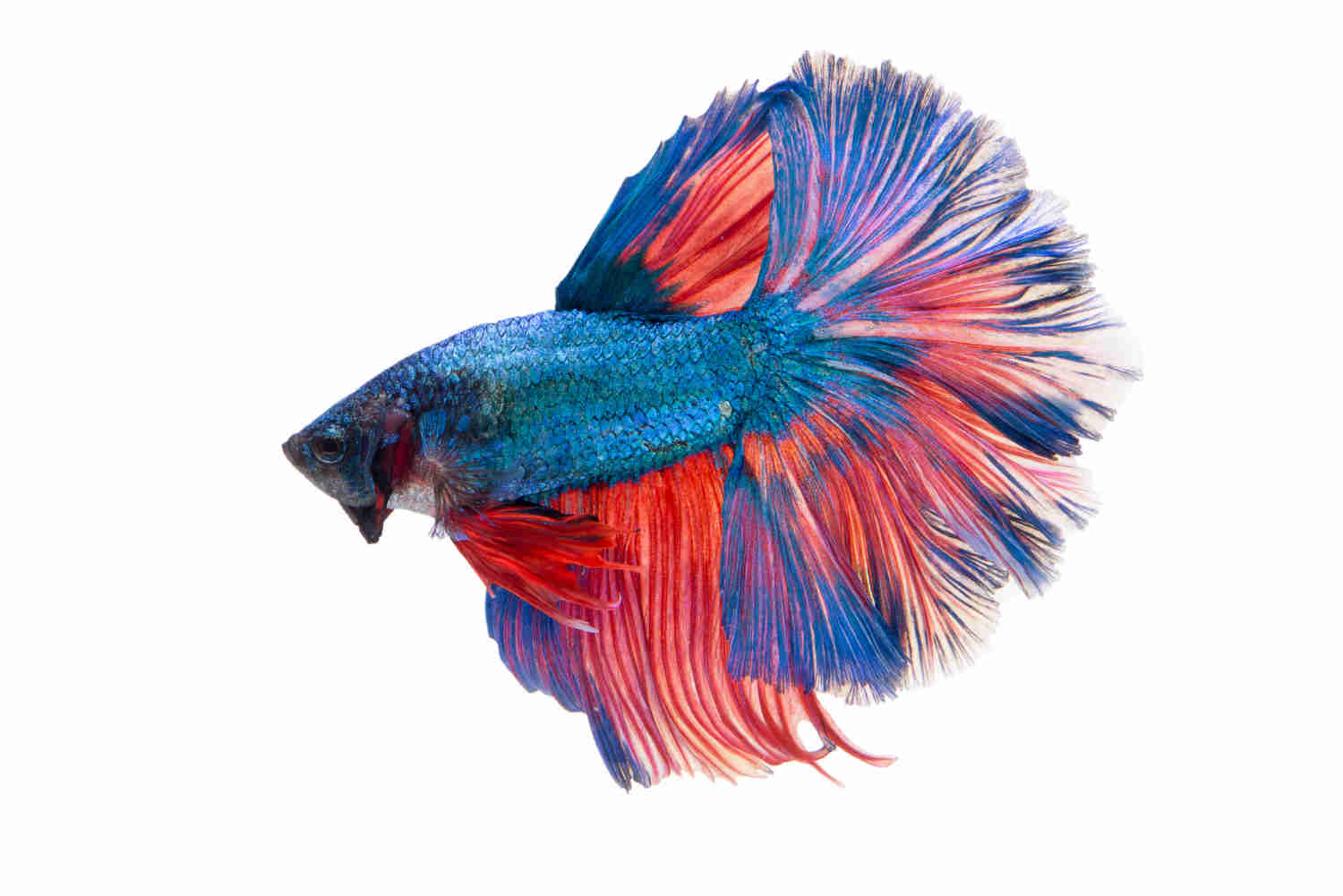If you’re a fish enthusiast, you know that proper nutrition is crucial for the health and happiness of your aquatic pets. However, storing fish food can be a bit tricky, especially if you’re a first-time fish owner. Improper storage can lead to spoilage, contamination, and loss of important nutrients, which can harm your fish. To keep your aquarium fish healthy, it’s essential to learn how to store your fish food properly. In this blog post, we will give you some tips and tricks on how to store your fish food, so it stays fresh and nutritious for longer. So, let’s dive in!
Fish Food Storage 101: Tips for Properly Storing Your Aquarium Food
Aquarium fish are not only beautiful, but also delicate creatures that require proper care to thrive. One of the most important aspects of maintaining a healthy aquarium is ensuring that your fish have access to high-quality, nutritious food. However, even the best fish food can go bad if it is not stored properly. In this article, we will discuss some tips for properly storing your aquarium food to ensure that your fish are getting the best possible nutrition.
- Check the Expiration Date
Before purchasing any fish food, be sure to check the expiration date. Expired fish food can not only lose its nutritional value but can also be harmful to your fish. Always purchase fresh food and make sure to use it before it expires.
- Store in a Cool, Dry Place
Fish food should be stored in a cool, dry place, away from direct sunlight. Exposure to heat and moisture can cause the food to spoil or become rancid. A pantry or cupboard in a cool, dry room is an ideal location for storing fish food.
- Keep the Container Closed
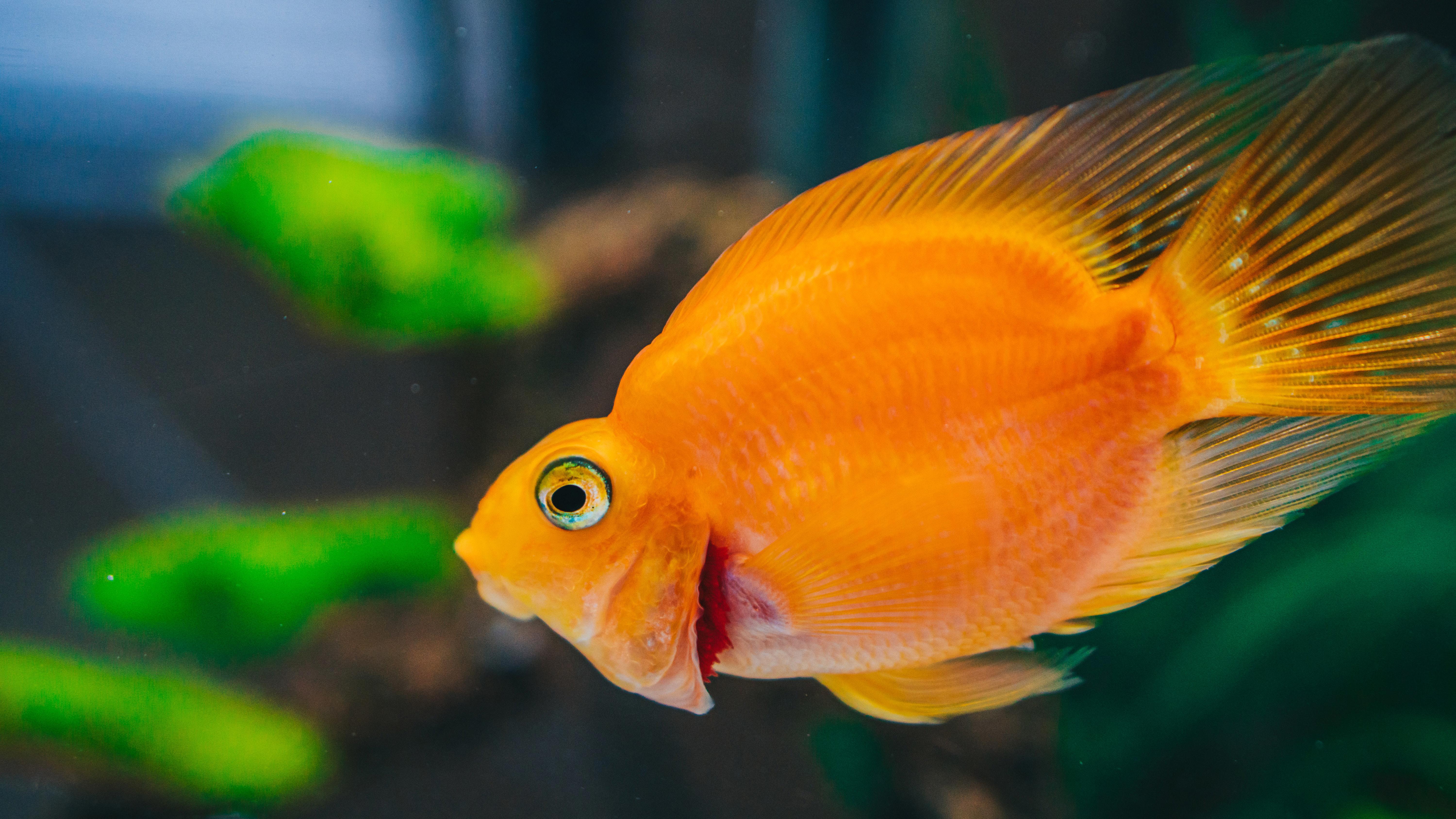
Once you have opened a container of fish food, it is important to keep it tightly sealed. Exposure to air can cause the food to lose its nutritional value and become stale. Make sure to close the container tightly after each use.
- Use a Moisture Absorber
To further prevent moisture from affecting your fish food, consider using a moisture absorber such as silica gel packets. These packets can be placed in the container with the fish food to help absorb any excess moisture in the air.
- Avoid Freezing Fish Food
While it may be tempting to freeze excess fish food, it is not recommended. Freezing can cause the food to lose its nutritional value and texture, making it less appealing to your fish. It is best to only purchase the amount of food you need and store it properly.
- Use a Quality Dispenser
When dispensing fish food, make sure to use a quality dispenser. A poorly designed dispenser can cause the food to become stale or even get stuck, leading to waste and potential harm to your fish.
In conclusion, proper storage of your aquarium food is essential to maintaining the health and well-being of your fish. By following these tips, you can ensure that your fish are getting the best possible nutrition and avoid any potential health issues that may arise from spoiled or improperly stored food.
In conclusion, proper fish food storage is crucial to ensure the health and well-being of your aquatic pets. By following the tips and guidelines mentioned in this article, you can keep your fish food fresh and avoid any potential health risks. Remember to always check the expiration dates, keep the food in a cool and dry place, and use airtight containers to preserve freshness. With a little extra effort, you can provide your fish with a nutritious and healthy diet, and enjoy their vibrant colors and playful behavior for years to come.
Please follow us on Social Media


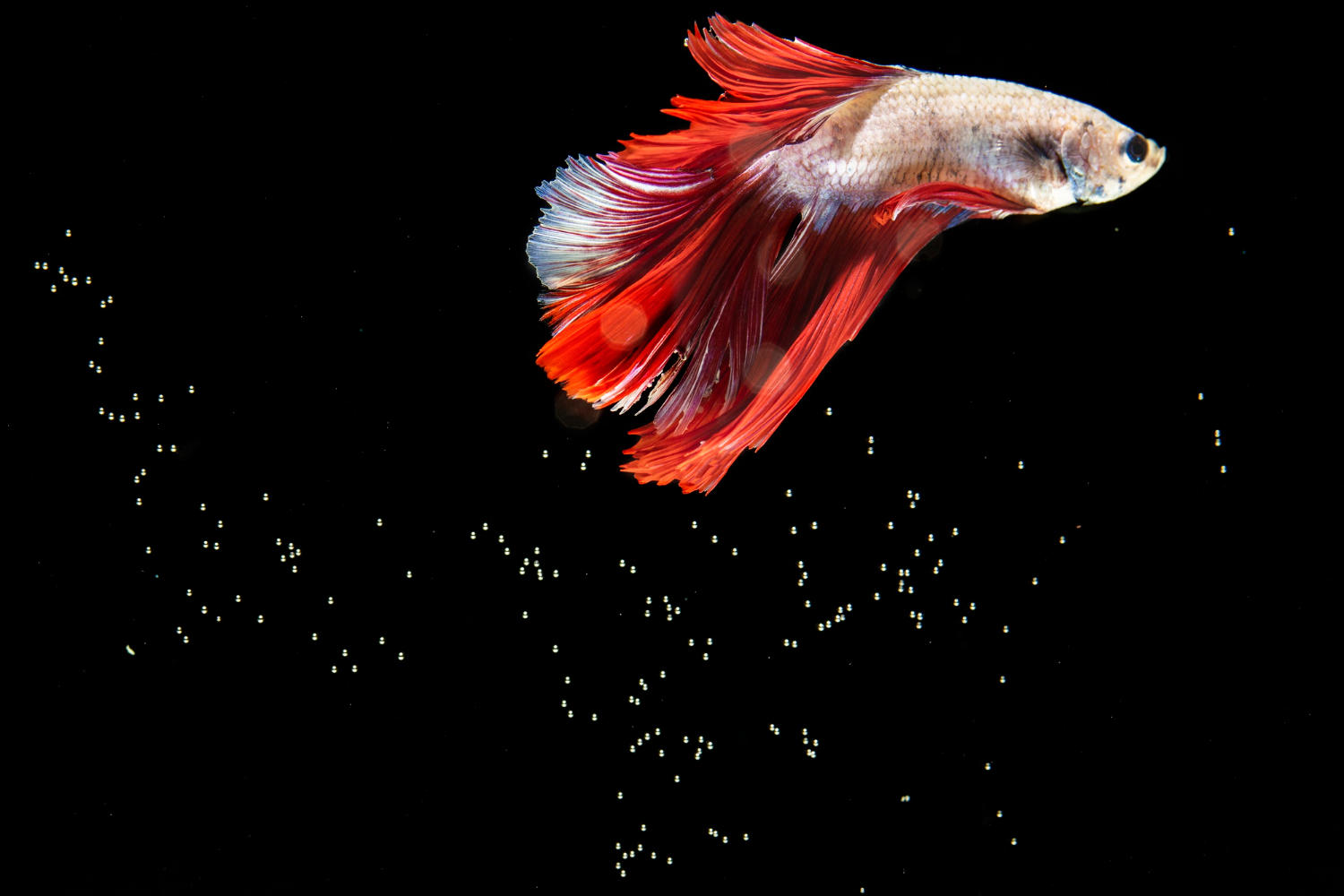
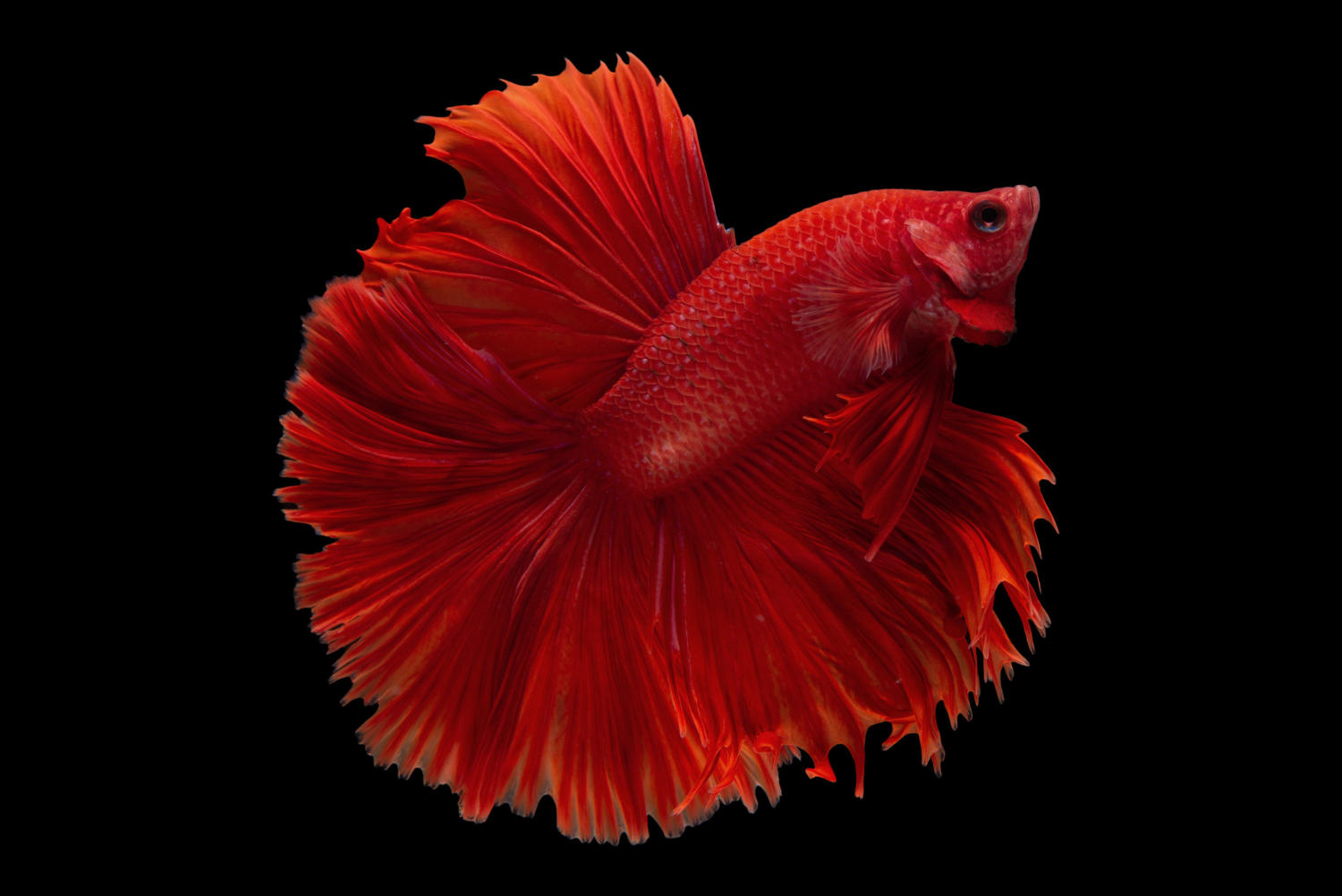

%20-%20Copy.jpg)
